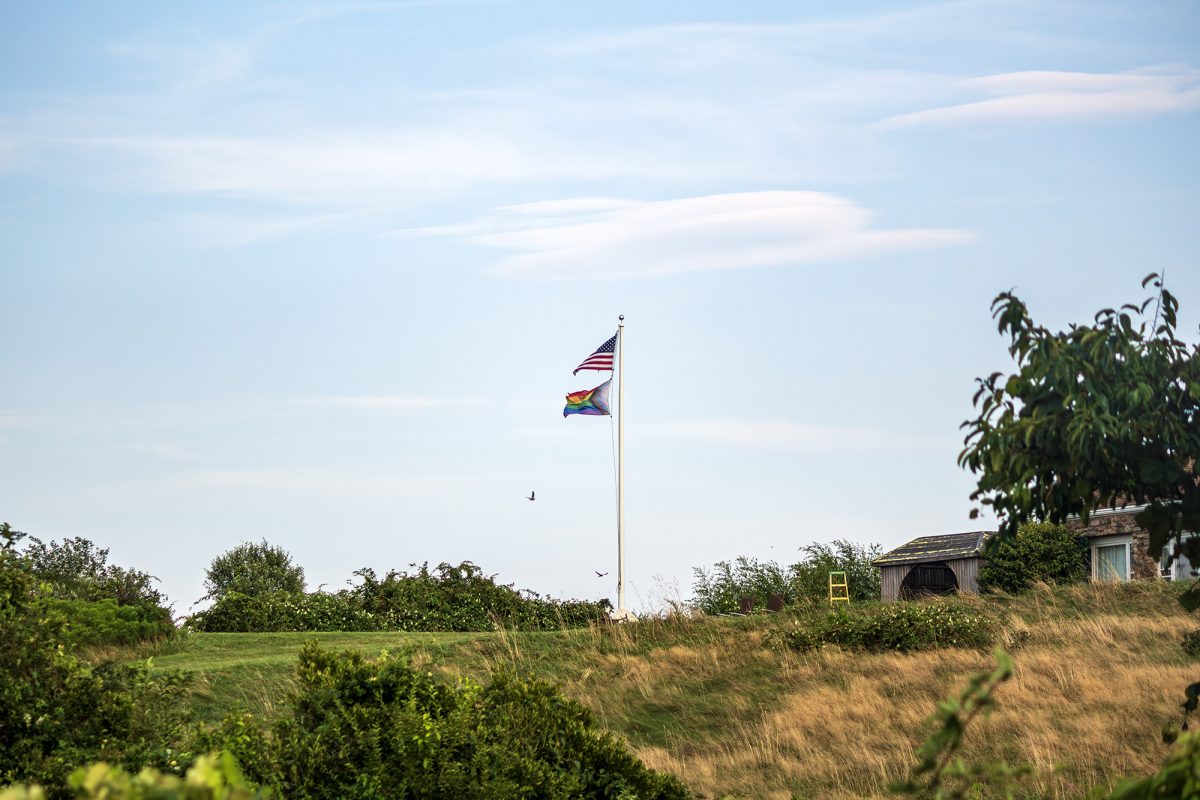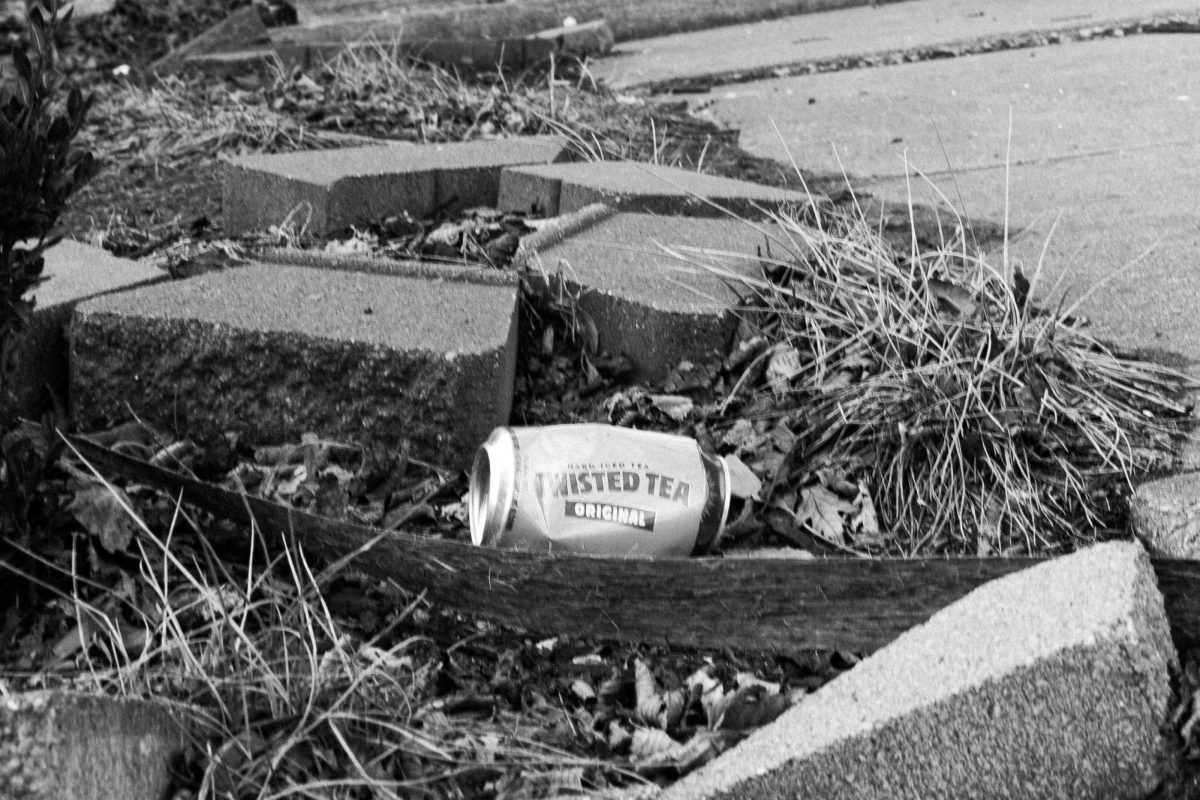Written on behalf of the Phoenix Survivors Alliance
Content warning for sexual assault and suicide attempts.
All student names have been changed, and multiple stories have been referenced and condensed into one in order to protect survivors’ confidentiality and safety.
Briana’s friends introduced John to her during her first year. That same night, the third-year student kissed her without her consent, and, though he apologized, he repeated his offense soon after, this time putting not only his lips but his hands in places she did not want them. Once again, he apologized and claimed he would not do it again, but not long after, he followed her to a party, forcibly kissed her, and then followed her back to her dorm. Briana spent hours trying to get him to leave, but he raped her.
Briana obtained a no-contact directive against John and filed a report with the University’s Title IX coordinator. A year later, her anger with the assault's deep, lingering impact drove Briana to begin disciplinary proceedings. The first step of this process entailed meeting with Jeremy Inabinet, the associate dean of students in the University for disciplinary affairs, who was responsible for overseeing and setting the course for her hearing. Though she went in expecting the experience to be difficult, she realized quickly that it would be much more harrowing than she had initially feared when Inabinet referred to the rape as "sex" in their first meeting.
Briana was right—Inabinet routinely disadvantaged her throughout the investigation. Inabinet discouraged her from seeking legal counsel, claiming that having a lawyer would look suspicious to her hearing committee. Mere days before her hearing, however, she found out that John had not only obtained a lawyer, but would also be accompanied by him during the hearing process. By then, it was too late for any lawyer to be of help to Briana. Throughout the process, Inabinet consistently failed to respond to e-mails in a timely fashion and when he did respond, failed to answer her questions. He granted John extensions on necessary meetings, respondent documents, and witness name submissions. Meanwhile, he denied Briana similar extensions, even though John's extensions cut into her time. Grappling with the task of writing over 50 pages about her traumatic experience while taking a full course load would have been stressful enough without Inabinet’s repeated failings.
The process whittled Briana away. During the report and investigation, Briana’s time and experiences were disrespected, and during the hearing, her privacy and integrity were disregarded. Although Briana objected, and University policy outlines confidentiality quite clearly—a rarity within this sea of ambiguity—Inabinet allowed John to submit “evidence” that violated this policy. Inabinet claimed the illegitimately obtained statement would not be taken seriously but still allowed the University-wide disciplinary committee to see and consider the disparaging document. Biased statements given by “character witnesses” of John’s were also admitted in the case file, despite Inabinet having previously claimed that he would not accept such statements. Inabinet even allowed witnesses to alter their statements retroactively, weeks after they were to be finalized. University policy does not clearly detail appropriate witness statements or the consequences of influencing them. Without such crucial procedural guidelines, Briana was unable to fight these questionable decisions.
Aside from the committee’s glaring lack of a basic understanding of consent, the committee was not trauma-informed. Being further removed from the immediate trauma of the assault, Briana was able to remember more details than she had given in her initial statement, but her recollections were met with suspicion. Inabinet had failed to properly explain what an initial statement should look like. He did not mention that this statement is what eventually forms the basis of the respondent’s credibility in a hearing. Briana was even asked during the hearing why it took her so long to report and seek disciplinary action. Committee members should have been aware that disciplinary hearings require a survivor to relive traumas, that traumatic experiences are often accompanied by intense shame, or even that both government and educational systems have been known to favor offenders—to say the least. One committee member went as far as to interrupt Briana mid-sentence to argue that John's repeated harassment and coercion constituted asking for consent. Briana found herself forced to explain the concept of consent mid-hearing to someone tasked with deciding whether or not she had been raped.
On top of the uninformed, victim-blaming comments from the committee, Briana had to endure John's testimony. He admitted to repeatedly harassing her, coercing her, and using excessive force though she explicitly told him to stop. Despite his immediate lawyering up, attempted character assassination, and full admission of guilt, for all intents and purposes, he was unanimously found not responsible. Briana was devastated by the decision and made multiple suicide attempts. Despite this, she sought institutional redress one last time.
The investigation and disciplinary hearing had demonstrated such insensitivity, bias, and ignorance of the impact of trauma that Briana hoped she could secure a formal review of the decision. Unfortunately, the University makes the review process as difficult as the investigation and hearing process for survivors. In one of only three potential grounds for reviewing a decision, survivors must establish procedural error. However, neither procedure nor the grounds for finding procedural error are sufficiently detailed in University policy. This lack of clarity discourages and confuses survivors, and allows Inabinet to conduct hearings with impunity and astounding carelessness. Inabinet is only a single part of a deeply flawed disciplinary system that shields abusers and assailants through vague policies and uninformed administrators.
Because the University does not publish specific information on the type or amount of trauma-informed training required of its committee members, Briana could hold neither the members nor the University accountable for negligent conduct. Additionally, the University does not allow transcripts or recordings of disciplinary hearings, so Briana could not point to committee members’ inappropriate comments and questions as grounds for a review. She was even forced to relinquish her personal notes from the hearing upon exiting the room. The University also refused to grant her request that the committee member who demonstrated a willful misunderstanding of consent be reviewed before sitting on future committees. Throughout the entire process, the vague wording and slippery procedural outlines in the formal disciplinary policies allow for survivors like Briana to be silenced while seeking recourse.
When she looks back on the report, investigation, and hearing, Briana recalls those months as nightmarish. The University’s limited policies and negligent practices were not merely stressful. “They confirmed,” she admits, “every vile, nagging, self-loathing fear of mine that John had the right to f*ck me.” Briana’s narrative of institutional neglect and re-traumatization represents just one of many on campus. Between July 1, 2014 and June 30, 2016 alone, there were 148 reports of “harassment, discrimination, and sexual misconduct,” yet the University-wide Student Disciplinary Committee only found 16 people responsible. Survivors like Briana should not be subjected to harmful practices and disadvantages when seeking justice.
This truth is what drives Phoenix Survivors Alliance’s current campaign. We are taking a stand to ensure every survivor’s right to safety—not only from their assailants, but also from re-victimization at the hands of the University—by calling for administrative reform of University disciplinary policies around sexual violence on campus. Please learn more and add your voice by signing this petition: https://goo.gl/forms/724TpJvBDXkfHeG92
Editor’s Note: The University has issued the following statement in response: The University is committed to addressing and preventing unlawful harassment, discrimination, and sexual misconduct and continues to take substantial steps to enhance efforts to prevent such incidents and to respond in a prompt, equitable and thorough manner whenever they occur. We regularly seek feedback from students and organizations, including the Phoenix Survivors Alliance, to ensure a fair and equitable system for all parties involved. While we cannot comment on specific cases, both the complainant and respondent in every case have an equal opportunity to provide evidence and suggest witnesses; to bring an adviser of their choice to any meeting; and to request review of the University-wide Disciplinary Committee’s decision. The University will continue to work with students and organizations to improve sexual misconduct prevention, education and systems.
Vanessa Camacho and Olamide Ogunbambo are third-years in the College.








